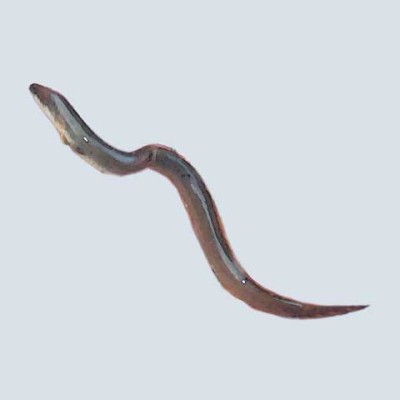We've all heard it before: We're fishing down the food chain. The oceans will be empty by 2048. Our problems could be solved with an end to (insert gear type) fishing.
But fishermen know the truth because they see it every day. There may not be as many monster fish out there as there were when any commercial fishery began, but they are still out there. In our October issue, columnist Roger Fitzgerald offers proof in the form of Pacific cod "bucketheads" in his story "Bye-bye to big fish?" on page 10. And some of our Facebook fans have offered up photographic evidence of their own.*
A study released today suggests that curtailing fishing does not always solve the problems of stock recovery. Again, this is something fishermen and fisheries researchers have known for many years.
The study was headed by the National Research Council (part of the National Academies of Science) and members of the organization's committee that evaluates the effectiveness of Magnuson's stock rebuilding plans.
I saw committee member and University of Washington Professor André Punt speak at the Managing Our Nation's Fisheries conference in D.C. this spring. He presented some of this groundbreaking data, which shows that the 10-year rebuilding timeline is a good tool, albeit an arbitrary one. Punt et al help make the case for building in some flexibility to Magnuson guidelines, so as to protect fishing communities, especially those with small-boat fisheries.
Like any business, the smaller your operation, the more vulnerable you are to downturns. Unless we want to convert our fisheries to the Walmart model, we have to find a soft place for small-boat fleets to land when their stock goes soft.
Once we decide to make it a priority to preserve our working waterfronts and historic fishing communities, we open up endless opportunities. But until we decide to put our fleets first (or at least tied with the resource), our only choice will be to watch small towns shut down. As Fitz says in his story, you don't know what you've got till it's gone.
*To view the slideshow in high-resolution, visit our Flickr page.






